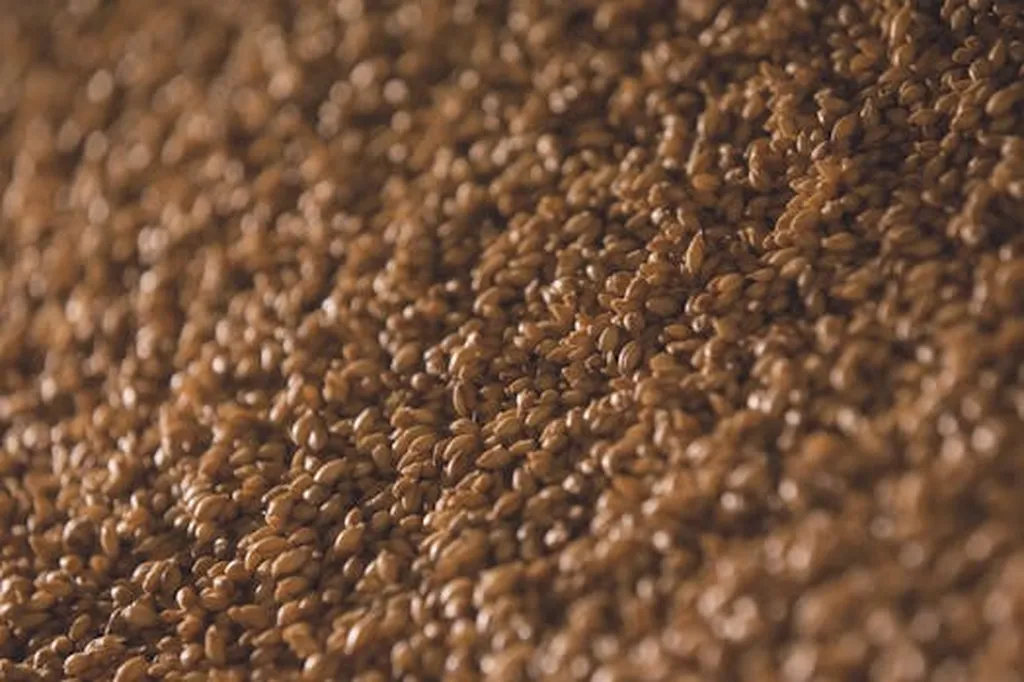In a groundbreaking study published in the journal *Scientific Reports*, researchers have uncovered a unique bacterium that could revolutionize both agriculture and human health. The bacterium, Phytobacter sp. RSE02, is a seed endophyte—a microorganism that lives inside seeds—and has been found to exhibit remarkable probiotic properties in both plants and animals. This dual functionality challenges conventional understanding of probiotics and opens new avenues for sustainable agriculture and cardiovascular health interventions.
The lead author of the study, Santosh Kumar Jana from the Laboratory of Molecular Bacteriology at the University of Calcutta, explains, “Our research highlights the potential of seed endophytes as a primary inoculum that can enhance seedling growth, fitness, and productivity. The distinctive probiotic features of Phytobacter sp. RSE02 in animal models make it a promising candidate for further exploration.”
The study demonstrates that Phytobacter sp. RSE02 can utilize cholesterol as its sole carbon source, a feature that could be harnessed to develop innovative solutions for managing hypercholesterolemia. In a high-fat diet mouse model, oral administration of RSE02 significantly lowered blood cholesterol levels, reduced body weight, and decreased peritoneal fat deposits and liver weight. Additionally, the treatment led to decreased levels of total blood protein, MDA, and GSH in the mice.
“These findings are particularly exciting because they suggest that Phytobacter sp. RSE02 could be used to develop new probiotic supplements that not only improve gut health but also help manage cholesterol levels,” says Jana. The bacterium’s ability to synthesize key vitamins such as folate, biotin, and vitamin B12 further enhances its potential as a probiotic.
The study also highlights the safety of Phytobacter sp. RSE02, as it was found to be non-toxic across all tested models. Genomic analysis revealed the absence of virulence or toxin-producing genes, making it a safe candidate for further research and potential commercial applications.
The implications of this research are far-reaching. In the agricultural sector, Phytobacter sp. RSE02 could be used to enhance crop productivity and resilience, contributing to more sustainable farming practices. In the health sector, its cholesterol-lowering abilities and vitamin-synthesizing capabilities could lead to the development of new probiotic supplements that support cardiovascular health and overall well-being.
As the world seeks innovative solutions to address the challenges of sustainable agriculture and public health, the discovery of Phytobacter sp. RSE02 offers a promising pathway forward. The study, published in *Scientific Reports* (which translates to “Reports of Science” in English), underscores the importance of interdisciplinary research in uncovering the hidden potential of microorganisms.
This research not only challenges traditional notions of probiotics but also paves the way for future developments in the field. As we continue to explore the intricate relationships between microorganisms and their hosts, the possibilities for improving both plant and animal health are vast. The story of Phytobacter sp. RSE02 is a testament to the power of scientific discovery and its potential to transform our understanding of the natural world.

